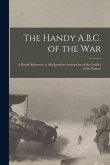"How The Nations Waged War: A companion volume to How the War Began" by John McFarland Kennedy provides a comprehensive overview of World War I, one of the most significant global conflicts of the 20th century. This meticulously prepared historical text examines the strategies, technologies, and key events that defined this era of warfare. Delving into the military history of the period, this volume offers insights into the European theater and the broader scope of the war. Kennedy's work serves as an essential resource for understanding the complexities of the First World War and its lasting impact on the world. A valuable addition to any collection of European and World history, this book offers a detailed account of how nations mobilized and engaged in this transformative conflict. This work has been selected by scholars as being culturally important, and is part of the knowledge base of civilization as we know it. This work is in the public domain in the United States of America, and possibly other nations. Within the United States, you may freely copy and distribute this work, as no entity (individual or corporate) has a copyright on the body of the work. Scholars believe, and we concur, that this work is important enough to be preserved, reproduced, and made generally available to the public. We appreciate your support of the preservation process, and thank you for being an important part of keeping this knowledge alive and relevant.
Bitte wählen Sie Ihr Anliegen aus.
Rechnungen
Retourenschein anfordern
Bestellstatus
Storno

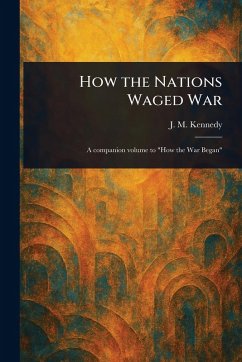

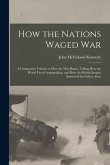
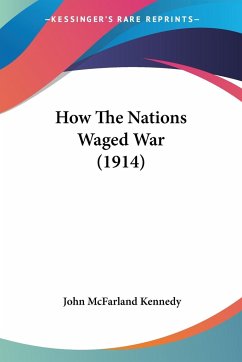
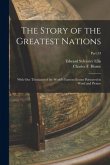
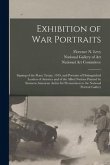
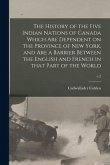
![One Hundred Years of Conflict Between the Nations of Europe [microform]: the Causes and Issues of the Great War: a Graphic Story of the Nations Involv One Hundred Years of Conflict Between the Nations of Europe [microform]: the Causes and Issues of the Great War: a Graphic Story of the Nations Involv](https://bilder.buecher.de/produkte/66/66114/66114069m.jpg)
